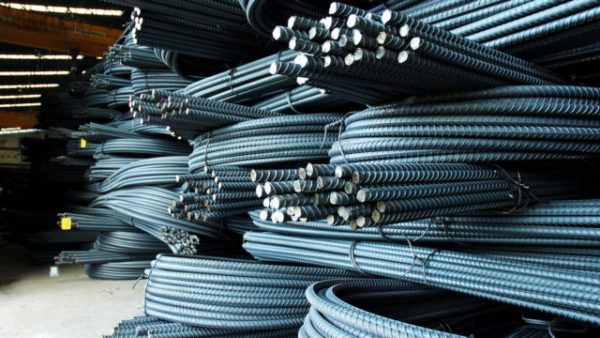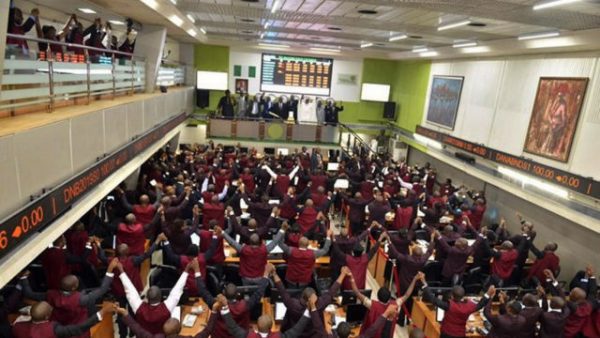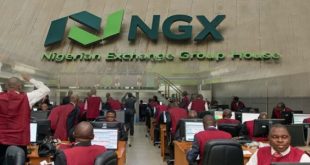
Experts have urged the government to prioritise local steel manufacturing to reduce the cost of vehicles in the country.
Battery and Power Systems Analyst at DM Lustrous Cars Ltd, Victor Ezeali, in an interview with media source, stressed the need to have foundries in every part of the country.

A foundry is a factory that produces metal castings.
“If we have factories that will produce steel locally, we will be creating a more sustainable and cost-effective ecosystem for vehicle manufacturing, ultimately benefiting both the industry and users.

“Nigeria possesses abundant mineral resources capable of supporting the establishment of a battery plant, specifically for the automotive industry. However, I have yet to witness any concrete roadmap for the development of such a facility, Ezeali claimed.
He noted the country has natural resources such as lithium to manufacture auto batteries.
“The market is now saturated with fake batteries; this is something we can easily produce by ourselves if we put our industry in order,” he stated.
The founder and CEO of Nord Automobile, Ajayi Oluwatobi, said establishing steel production in Nigeria could reduce vehicle costs by 30 per cent.
He explained, “This reduction would result from eliminating freight expenses associated with importing heavy steel components. Producing steel locally means we won’t need to transport it in containers, leading to substantial cost savings in the vehicle manufacturing process.”
He asserted that steel constituted over 50 per cent of the vehicle’s body.
He revealed, “The process of making a car involves assembling. At Nord Motors, we currently manufacture 33 per cent of the vehicle components in our Nigerian factory, producing approximately 100 vehicles annually.
“Imagine the impact on job creation and the economy if we were to scale up to manufacturing 10,000 vehicles per year, the CEO added.
 MMS PLUS NG – Maritime, Aviation, Business, Oil and Gas News Online Newspaper with coverage in Maritime, Oil and Gas, Aviation, Power and Energy as well as Financial News
MMS PLUS NG – Maritime, Aviation, Business, Oil and Gas News Online Newspaper with coverage in Maritime, Oil and Gas, Aviation, Power and Energy as well as Financial News









